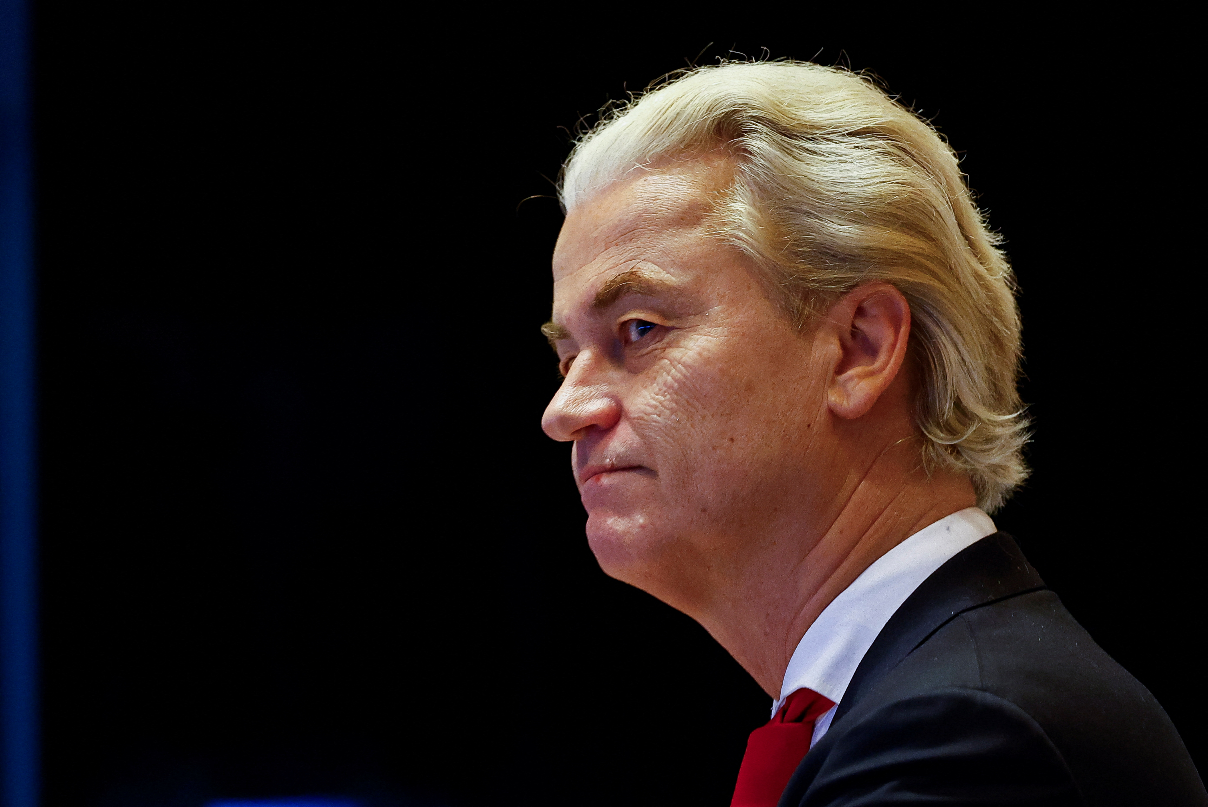By Dimitris Kouvaras,
Early September came with a surprise for the eastern German states of Thuringia and Saxony; a particularly ominous one, in fact. For the first time since the Second World War, a Far-Right party championed first place in a state election while also coming second with the slightest of margins in another. The party in question is none other than the populist Alternative for Germany (AfD), which amassed 32.8% and 30.6% of the vote in Thuringia and Saxony respectively, while the appeal of all three parties in the governing coalition plummeted. Although it is unlikely that AfD will become Government in any of the states, due to the lack of collaborative prospects, as the Christian Democratic Union (CDU) was careful to keep its distance, its electoral momentum is concerning. Far-Right forces have strengthened their grips throughout Europe since the summer EU Parliament election, while being at the helm of many a national Government. If the state that gave rise to Nazism and constitutes the largest economy in the Union gives signs of following suit, the situation appears even more critical.
To better assess it, though, let’s have a look at the actual dissemination of seats in the new Parliament, before investigating the causes and ramifications of the rightwards shift through country-based examples, such as the German one. A sober look into the elections’ results will reveal that, overall, the real winner is not the Far-Right but the centre-right and the forces occupying the (intentionally) blurry line in between. The centre-right EPP (European People’s Party) gained 12 seats, reasserting itself as the largest parliamentary group with enhanced confidence, as the more conservative and Eurosceptic ECR (European Conservatives and Reformists) of Georgia Meloni –which can be considered a moderate form of the Far-Right– also increased representation by 9 votes. On the contrary, the centre-left progressive and environmentalist wing suffered the greatest losses, totalling 44 seats, with the Social Democrats mostly holding firm and the Left enjoying some gains. The Far-Right emerged strong (totalling 187 seats including the ECD and 109 without) but fragmented, as the AfD seceded from Le Pen’s Identity and Democracy group to join the extremist-leaning Europe of Sovereign Nations. France, Italy, Hungary, the Czech Republic, Austria, and Latvia are the six countries where parties of the Hard-Right came first, however, most of them also possess a left leaning counterweight.

The broad picture is not as comforting as one might hope but is no reason for immediate panic, as euro-friendly forces continue to comprise a majority of around 450 seats out of 720. However, the conservative turn can lead to increased protraction and complications in adopting legislation, which can be aggravated due to the unpopularity of Ursula Von Der Leyen in right-wing circles. It remains to be seen if enough common ground can be reached between the EPP and the centre-left to render an intra-right-wing coalition unappealing and ensure legislative effectiveness. If the latter becomes hindered, the EU will run the risk of institutional discredit, which could possibly enhance Eurosceptic force, not least the Far-Right. Nevertheless, since the Parliament only enacts laws and does not propose them, the presence of a -more or less- liberal Commission under Von Der Leyen can act as a counterbalancing force.
On an institutional level, therefore, the Far-Right surge appears less dangerous than at first glance. However, it is gaining sociopolitical influence amidst growing estrangement between the people and its central institutions, whose liberalism appears pretentious to many. What is it caused by? A common drive for Far-Right support is the presence of discrepancies in development between different regions, states, or economic sectors within the EU, compounded by a sense of financial strain. The East German case mentioned in the beginning is a prime example: the wealth east-west divide traced to the Soviet era has led to uneven wealth distribution, leaving the eastern states –including Thuringia and Saxony– with half the average household wealth compared to the western ones, and only 5.8% of the GDP. This imbalance had led to a consistent worker drain towards the west, primarily young individuals, leading to the cultivation of a sense of abandonment. Such grievances work to the advantage of the Far-Right, whose rhetoric supplies the necessary scapegoats for social or financial shortcomings, suggesting immigrants as a major threat, while discrediting the liberalism of mainstream Government parties. Immigrants are targeted both on security and labour market grounds and portrayed as a destabilising force enabled by lax asylum policies, such as those employed since Angela Merkel, in 2015.

Similar imbalances are the reasons behind a Far-Right surge in other European countries, such as the Netherlands. In that case, the primary divide is not between east and west, but between the industrial and sociopolitical core of the Randstad and the agricultural rural sector. A feeling of discontent among farmers has played a major role in political radicalisation and is portrayed in the role of BBB –the right-wing Farmer-Citizen movement– that currently shares Government with Far-Right PPV (Party for Freedom). Immigration is no less of an issue, given the multicultural image the Netherlands had cultivated recently and enhanced by the widespread adoption of English as a tuition language. Universities are often seen as epicentres of this hybrid internationalised culture that is juxtaposed to the original Dutch character. The Government is planning massive a cut scheme, totalling over one billion euros, for research and tertiary education funding, which will deprive universities from necessary resources and create obstacles to the admission of international students. In the case of the University of Groningen (which I had the pleasure to attend earlier this year), it is estimated that the cuts will result in a 26 million deficit a year by 2024. Universities aren’t the only victim, as one of Geert Wilder’s main proclamations is the negotiation of an exception from EU asylum policies, as part of a border securitisation strategy. Asylum seekers are therefore also expected to pay the price.
As we have seen, the Far-Right takes advantage of the discrepancies within European countries, and united Europe’s inability to make its liberal order appealing to those areas or sectors that see no obvious gain by participating in it. This applies to national Governments equally, if not more. The question, therefore, is whether Europe will eschew this deadlock, and it’s very pressing. Far-Right ideologies lead to nothing but loops, in which the remedy of the supposed cause of socioeconomic imbalances aggravates the very issue it is supposed to solve. Obviously, this is because the causes have not been identified properly in the first place and are rather connected to scapegoats by a nationalist anti-establishment logic. Such a loop is obvious in the Dutch case, whereby international withdraw will lead to financial destabilisation. What remains to be done for Europe and its institutions is instead a serious self-reflection on how to distribute the fruits of liberalism more equally and educate those unfamiliar with it, lest liberalism (primarily social and political but also economic) become only a façade.
References
- Dutch Government announces ‘strictest asylum policy ever. POLITICO. Available here
- German far right hails ‘historic’ election victory in east. BBC. Available here
- Stark rejection’: How Germany’s Far-Right AfD won key election in the east. Aljazeera. Available here
- Dutch Universities Face Largest Budget Cuts in History. Groningen Mail. Available here




